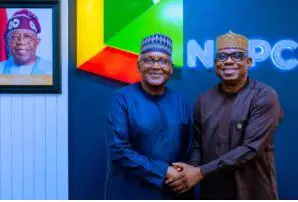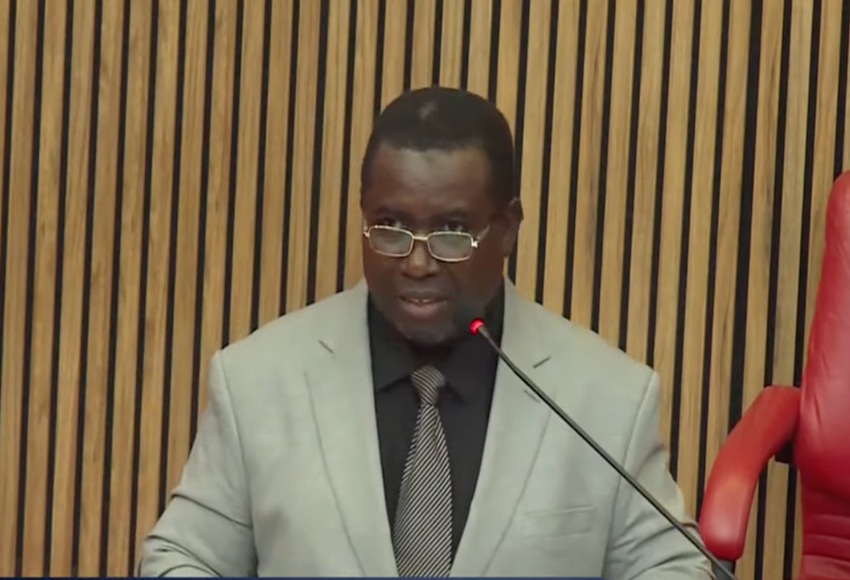Today, as we mark International Youth Day 2024, with the theme “From Click to Progress: Youth Digital Pathways for Sustainable Development,” we are reminded of the immense potential that lies within the Nigerian youth. This theme couldn’t have come at a better time, especially as we grapple with the challenges of leadership and development in our country. It is time for us, the youth, to move from being mere spectators to being the drivers of change, leveraging digital tools and innovation to carve out a space for ourselves in the governance of Nigeria.
For too long, the Nigerian political landscape has been dominated by a gerontocracy—a system where power is held by older politicians who are often out of touch with the realities of today’s world. These leaders, with all due respect, cannot fully understand the challenges that we, the younger generation, face. They do not live in our world of rapid technological change, social media, and global interconnectedness. Instead, they cling to old methods, often using divisive tactics—along religious, ethnic, and tribal lines—to maintain their hold on power.
But the time has come for us to say “enough is enough.” We cannot continue to be pawns in their political chess game, used only when it suits them and discarded when it doesn’t. Nigerian youths must realize that our future is not something to be left in the hands of those who do not have our best interests at heart. We must seize the moment and transform ourselves from being digital consumers to digital leaders—agents of real change.
We don’t have to look far to see examples of how youth can successfully take charge of their destiny. In Senegal, young people have started to assert themselves in the political arena, moving away from being mere aides to older politicians to becoming leaders in their own right. They have recognized that the only way to bring about meaningful change is to take control of the reins of power. The Senegalese experience shows us that when youth step up, they can not only participate but also win elections, setting the agenda and leading their country toward progress.
This is the kind of “youthocracy” we need in Nigeria. Competent, visionary young leaders who are ready to stand for election and lead, not from the shadows but from the front. This requires us to build our competence, to be knowledgeable and prepared for the challenges of leadership. We cannot afford to be ignorant or ill-prepared; such youth have no business near the leadership seat.
The theme of this year’s International Youth Day encourages us to harness digital pathways for sustainable development. In Nigeria, we must leverage our technological prowess to organize, mobilize, and advocate for the change we want to see. Social media has already proven to be a powerful tool for raising awareness and rallying support. Now, it’s time to take it a step further—to move from clicks and hashtags to concrete action that drives real progress.
We must use technology to educate ourselves, to connect with like-minded individuals, and to create platforms where young Nigerians can come together to discuss, debate, and develop solutions to the issues that affect us. We must also use these tools to hold our leaders accountable and to ensure that our voices are heard, not just online but in the corridors of power.
To achieve this, Nigerian youths must invest in their education and skills development. We must strive to be the best in our fields, whether in technology, business, governance, or any other area. A competent youthocracy is not just about being young; it’s about being capable, qualified, and ready to lead.
We must also support each other. It is time for us to put aside our differences—whether ethnic, religious, or political—and unite for the common good. The old politicians will continue to try to divide us, but we must resist these efforts and focus on what unites us: our shared desire for a better Nigeria.
Finally, we must not be afraid to step up and take on leadership roles. We cannot wait for someone to hand us power; we must take it. This doesn’t mean abandoning our current responsibilities, but it does mean thinking bigger, aiming higher, and being willing to challenge the status quo.
The drive from “click to progress” begins with us, and it starts today.
Opeyemi Oladimeji is a youth development advocate, and a PhD Candidate at the Global Affairs and Sustainable Development Institute (GASDI), Osun State University, Osogbo. He leads Future Builders Initiative (FBI) and can reached via [email protected]
Advertisement






